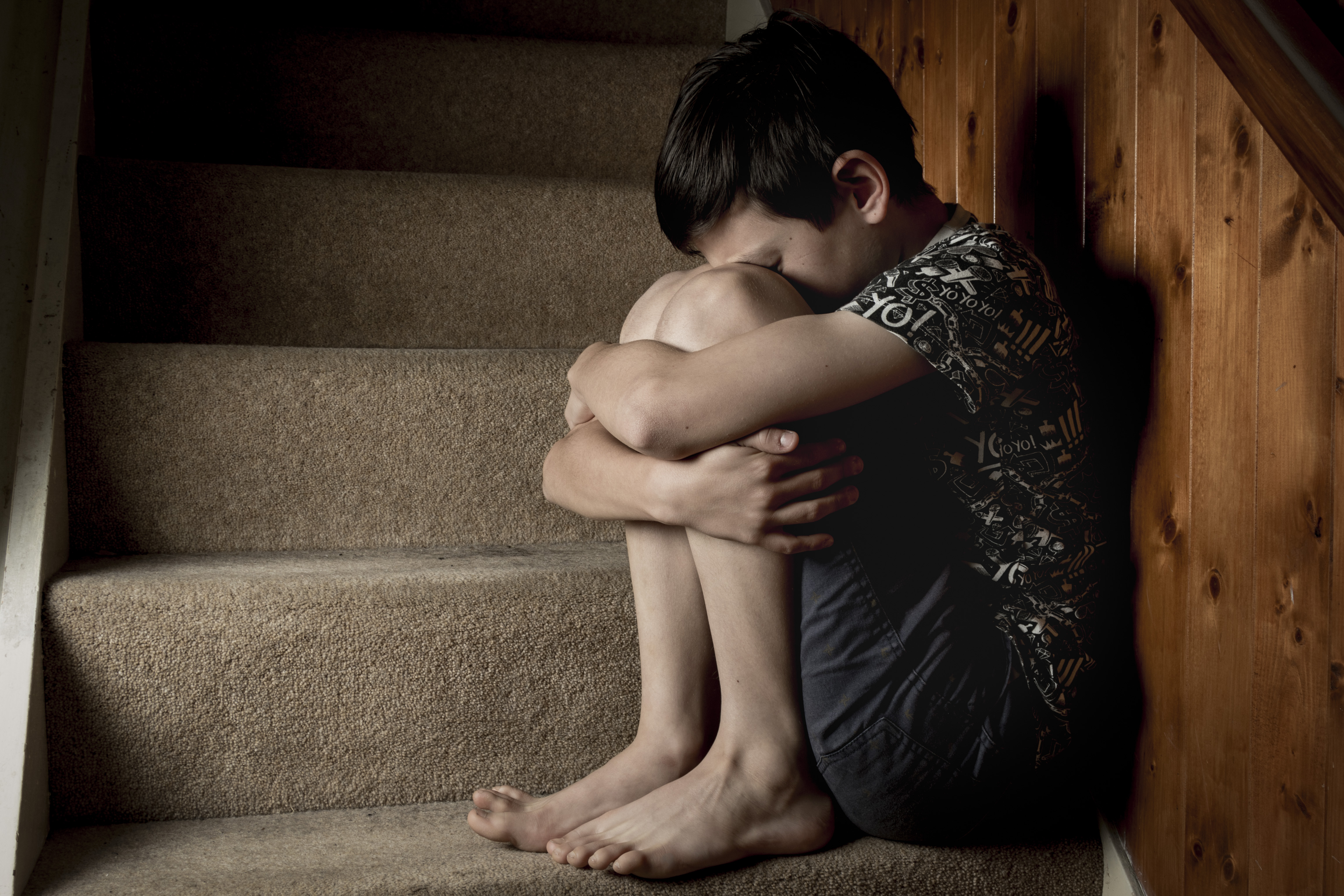Child sexual exploitation is often thought to be an issue that only impacts emergent countries. However the reality is that it happens in the US as well.
When it comes to child sexual exploitation, victims are often too afraid or ashamed to tell somebody about the issue. This is one of the reasons it's important to know what signs to look for.
The National Center for Missing & Exploited works with the public to help protect children from falling victim to sexual exploitation.
Here are a few suggested ways on how to recognize and respond to signs of child sexual abuse and exploitation, according to the National Center for Missing & Exploited:
- Screen children’s caregivers and check their references. Ask children, “Do you feel comfortable with [caregiver]? Why or why not?”
- Get involved in children’s activities. Ask organizations, “What policies do you have in place to protect children from sexual exploitation?” Examples should include policies about screening, travel, and online communications between children and staff.
Know what children are doing and who they are doing it with, both off- and online.
Use role-playing exercises to practice basic safety skills with children – for example, kicking, screaming and yelling if someone grabs them or touches them in a way that makes them uncomfortable.
Listen to children. Pay attention if they tell you they do not want to be with someone or go somewhere.
Teach children they have the right to say “NO” to anyone or anything that makes them feel scared, uncomfortable or confused and how to get out of those situations as quickly as possible.
Be sensitive to any changes in children’s behaviors or attitudes such as sudden mood swings or age-inappropriate knowledge about sexual situations and contact.
Provide a safe environment in which children are encouraged to frequently share their thoughts and feelings.
It is also recommended to remind children it is okay to ask for help about anything. If a child chooses to disclose information about problems or abuse, be sure to stay calm and most importantly non-judgmental.
Lastly, be sure to tell the child that being exploited is not their fault.
If you believe a child is at risk, contact authorities immediately. Call 1-800-THE-LOST (1-800-843-5678) or leave a tip at www.cybertipline.org.

